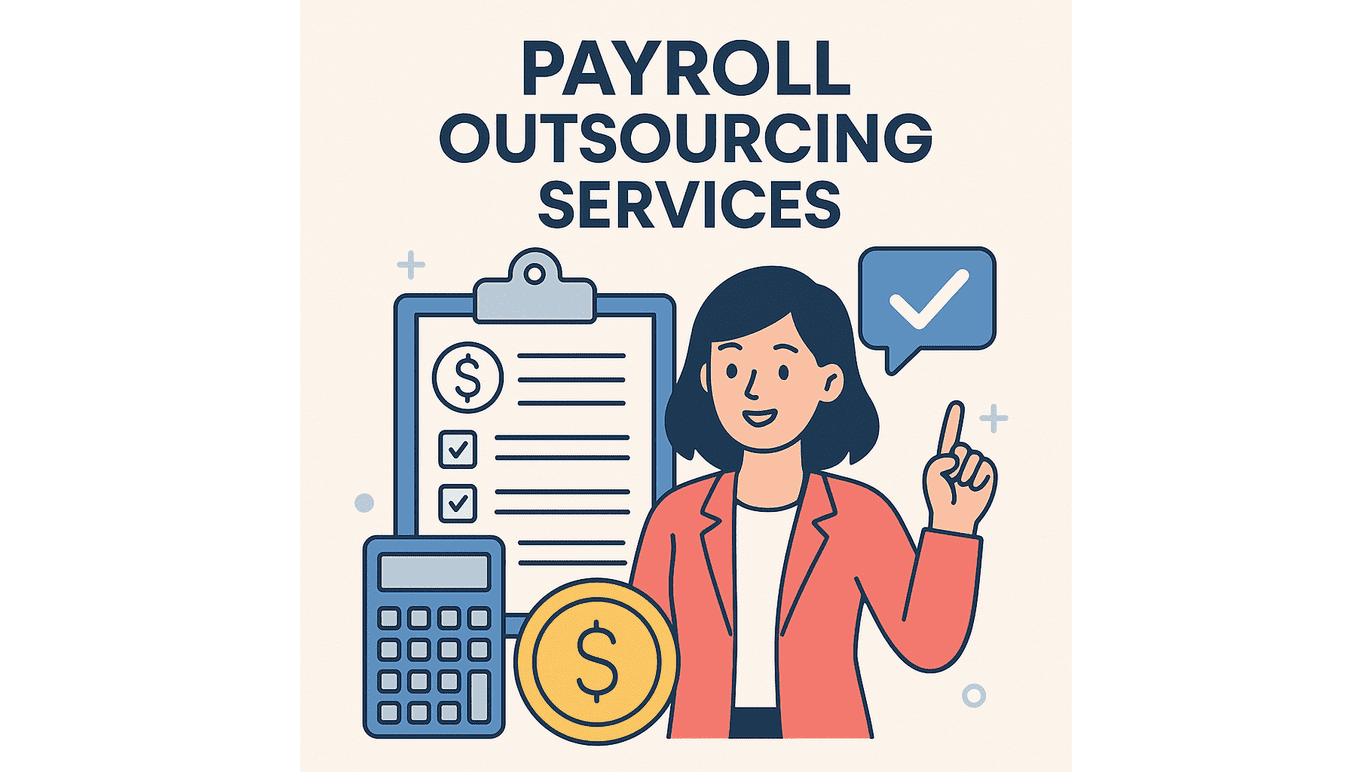OPC Company Registration

An OPC, or One Person Company, is a revolutionary concept under the Companies Act, 2013, aimed at entrepreneurs who want to start a business with limited liability but without the need for a partner. It combines the benefits of sole proprietorship and private limited companies, offering flexibility and better management while ensuring legal protection for the owner.
Benefits of OPC Company Registration
1. Limited Liability
One of the significant advantages of OPC company registration is the protection of the owner’s personal assets. Unlike a sole proprietorship, the liability of the owner is limited to the extent of the company’s capital.
2. Separate Legal Entity
An OPC is a distinct legal entity, which means it can own assets, incur liabilities, and enter into contracts in its name. This separation provides a robust framework for business operations.
3. Easy Compliance
Compared to other types of companies, the compliance requirements for OPCs are less stringent, making it an ideal choice for small businesses and startups.
4. Continuity
An OPC ensures perpetual succession. In case of the owner’s demise, the nominee appointed during the registration process takes over the business.
Steps for OPC Company Registration
1. Obtain Digital Signature Certificate (DSC)
A Digital Signature Certificate is essential for filing the application online. The DSC is used to authenticate documents submitted electronically.
2. Apply for Director Identification Number (DIN)
The next step in OPC company registration involves obtaining a DIN for the proposed director. This number is mandatory for managing the company.
3. Name Approval
Select a unique name for your company and get it approved by the Ministry of Corporate Affairs (MCA). Ensure the name complies with the guidelines and does not resemble any existing company.
4. File Incorporation Documents
Submit the required documents, such as the Memorandum of Association (MOA) and Articles of Association (AOA), along with Form INC-32 (SPICe+). These documents establish the rules governing the company and its objectives.
5. Certificate of Incorporation
Once the MCA verifies the documents, they issue the Certificate of Incorporation. This marks the official establishment of your OPC.







